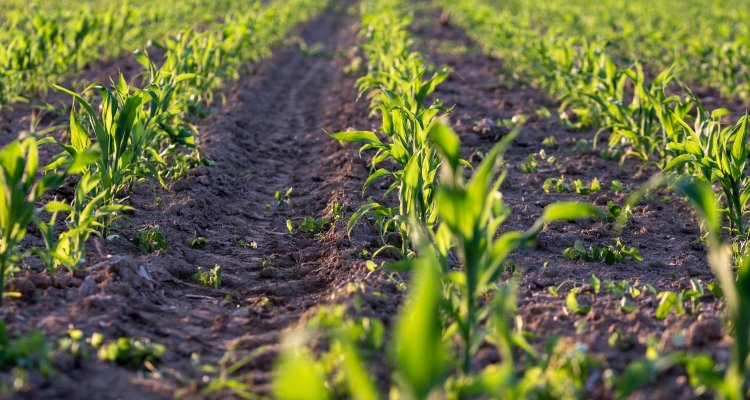
Project
Regenerative Agriculture in Europe: Accelerating the transition
Our current food system strongly needs to shift towards more sustainable food production and consumption in order to feed a growing population on a planet with limited resources. Regenerative Agriculture (RegenAg) is gaining attention as an approach to satisfy long-term sustainability.
Project phase 1: Identifying the Current State of Regenerative Agriculture in Europe
A clear overview of the current state of RegenAg in Europe is missing. This makes it harder for various agrifood actors, particularly farmers, to decide on the next steps in the transition towards a regenerative system. In the first phase of this project, the goal was to provide an overview of RegenAg in Europe for arable farming, including differences between countries and crops by focusing on major row crop growing areas. Furthermore, the project aimed at delivering initial insights into the hotspots where most changes are required. The results provided insight in the current gaps and future opportunities for next steps.
The overview report covers the following topics:
- Definition and concept of RegenAg
- An overview of the current knowledge base in Europe on RegenAg, focused on row crops, including differences in market and farmer circumstances
- A review of the current private sector and governmental programmes
- Discussing most common types of interventions and some of the key metrics to measure outcomes
- Delivering key insights and principles from the current knowledge base to apply new projects and scaling up initiatives
- Identifying opportunities, risks, gaps, and how to address these
Project phase 2: Regenerative agriculture in Europe: accelerating the transition
The second phase of the project was introduced to incorporate the learnings and to explore the feasibility of accelerating the RegenAg concept. The aim was to come to a detailed scope and set-up for optimising an approach, to boost the transition of RegenAg towards sustainable agriculture.
The second project phase included the following four activities, of which 2 parts are described in the report:
- Defining a target point, together with general RegenAg principles, for analysing the costs and benefits of RegenAg transitions in EU areas. We explored which indicator(s) and at which indicator value(s) farmers could be positioned and distinguished as ‘RegenAg agricultural entrepreneurs’, creating positive impact.
- Providing initial insights into drivers and barriers of RegenAg frontrunner farmers, by selecting 29 frontrunners who match the RegenAg requirements, in four selected EU countries: France, Germany, Poland and Hungary. Based on in-depth interviews, the results contribute to a wider understanding of farmers’ key drivers, barriers, and behavioural characteristics for shifting to RegenAg.
The third project activity (3) involved an inception phase for setting up a European network of demo farms, to enhance the adoption of RegenAg practices, education and demonstration of RegenAg measures for farmers and advisors. A proposal has been developed for the further structuring and organisation of an approach and multi-actor collaboration in a European network of demo farms, to enhance the transition towards RegenAg.
In the fourth project activity (4), the project focused on setting-up collaboration and an action plan with a core group of EU public and private organisations, supported by local European knowledge partners. The aim of this consortium is to accelerate the transition of RegenAg by assessing the cost-benefits, which resulted in the public-private partnership ‘Regenomics' project.